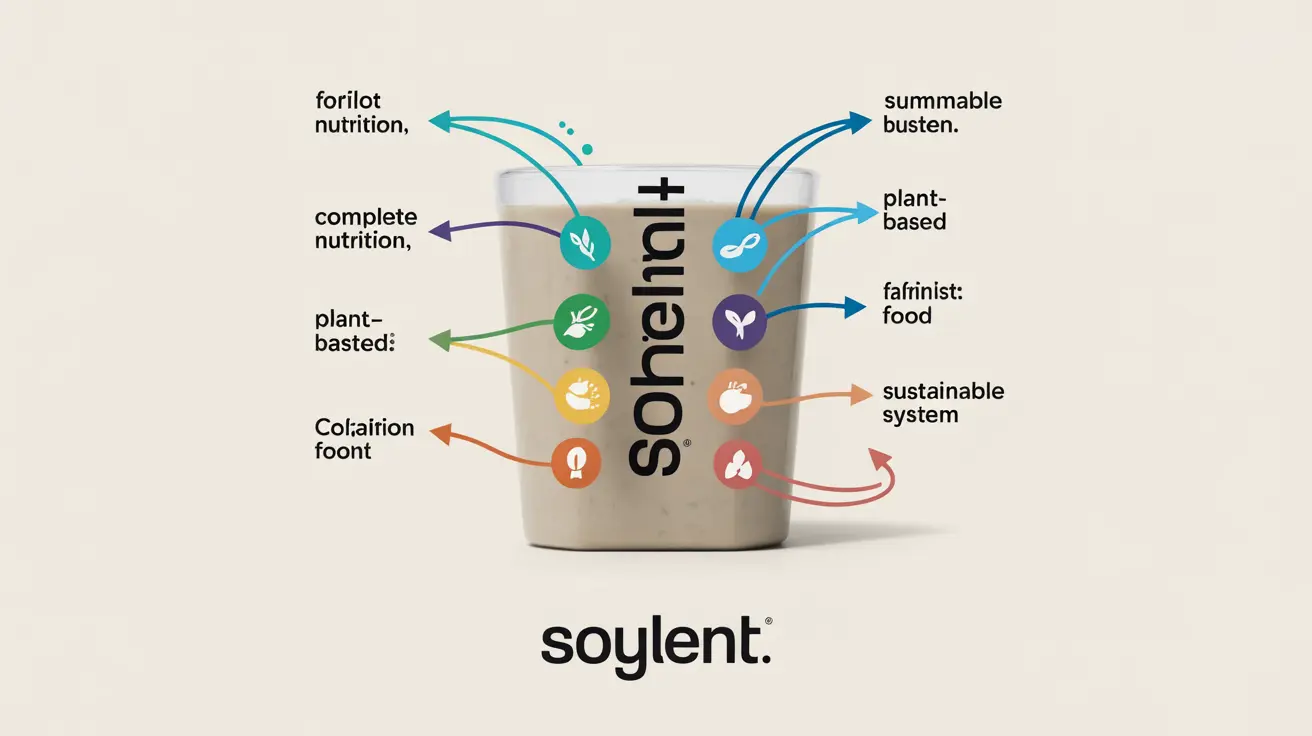As meal replacement products continue to gain popularity, Soylent has emerged as a prominent player in the market. This comprehensive review examines the nutritional value, potential benefits, and safety concerns associated with Soylent to help you make an informed decision about incorporating it into your diet.
Understanding Soylent's Nutritional Profile
Soylent is engineered to provide a balanced mix of macronutrients and micronutrients, containing protein from soy isolate, complex carbohydrates, healthy fats, and various vitamins and minerals. Each serving aims to deliver approximately 400 calories and 20% of daily nutritional requirements, making it a convenient meal alternative.
Key Nutritional Components
- 20 grams of protein per serving
- Essential vitamins and minerals
- Omega-3 fatty acids
- Fiber for digestive health
- Low glycemic carbohydrates
Health Benefits and Limitations
While Soylent can serve as a convenient meal option, it's important to understand both its advantages and drawbacks. The product offers consistent nutrition and convenience but shouldn't completely replace whole foods in your diet.
Potential Benefits
- Convenient source of balanced nutrition
- Precise portion control
- Time-saving alternative to meal preparation
- Consistent nutrient delivery
Notable Limitations
- Less dietary fiber than whole foods
- Limited phytonutrients compared to natural foods
- May not satisfy psychological aspects of eating
- Potential monotony in taste and texture
Safety Considerations and Side Effects
While Soylent is generally considered safe for most healthy adults, some individuals may experience adverse effects or have specific concerns about its ingredients.
Common Side Effects
- Initial digestive adjustment period
- Temporary bloating or gas
- Changes in bowel movements
- Feelings of fullness or heaviness
Ingredient Safety
The product undergoes regular testing for contaminants and heavy metals. However, individuals with soy allergies or sensitivities should avoid Soylent, as it contains soy protein isolate as a primary ingredient.
Special Dietary Considerations
Soylent may not be suitable for everyone, particularly those with specific dietary restrictions or health conditions. It's important to consult with a healthcare provider before making it a regular part of your diet, especially if you have underlying health conditions or dietary restrictions.
Frequently Asked Questions
Is Soylent a healthy option for meal replacement?
Soylent can be a healthy meal replacement option when used as part of a balanced diet. While it provides essential nutrients, it shouldn't completely replace whole foods in your diet.What are the possible side effects of drinking Soylent regularly?
Common side effects may include initial digestive adjustment, bloating, gas, and changes in bowel movements. Most side effects are temporary and resolve as your body adapts.Can Soylent cause digestive issues like bloating or changes in bowel movements?
Yes, some users experience digestive issues, particularly when first starting Soylent. These effects typically diminish over time as the body adjusts to the formula.Are there any safety concerns or controversies related to Soylent's ingredients, such as heavy metals or artificial additives?
While Soylent undergoes regular safety testing, some concerns exist about artificial additives and potential heavy metal content. The company maintains transparency about their testing protocols and meets FDA safety standards.Is Soylent suitable for people with soy allergies or specific dietary needs?
Soylent is not suitable for individuals with soy allergies due to its soy protein content. Those with specific dietary needs should carefully review the ingredient list and consult with a healthcare provider before use.




